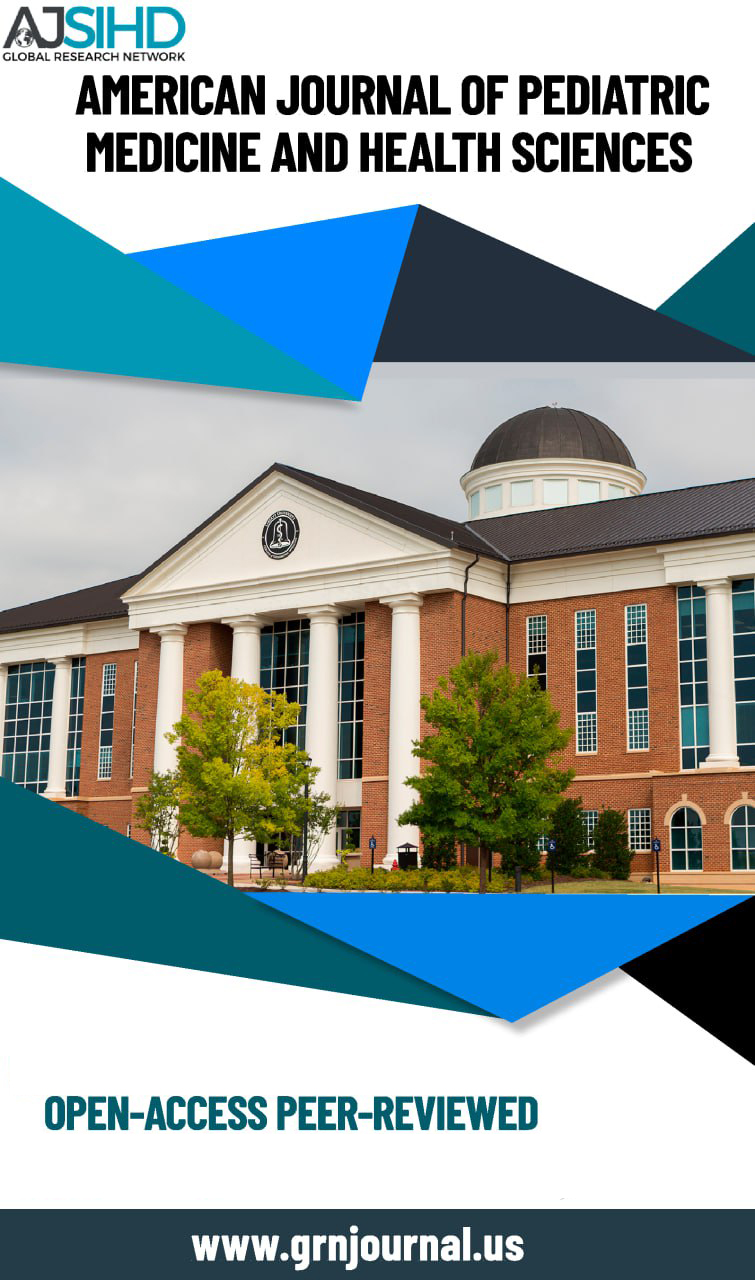Understanding Major Depressive Disorder: Causes, Symptoms, and Consequences
Keywords:
Major depressive disorder, Negativity, Lack of pleasure, Sadness, Suicide attempts, Underlying causes, Stress, Mood disorder, Hallucinations, Disability, Premature mortality, Negative reactions, Positive emotions, Joy, Anger, SorrowAbstract
Major depressive disorder is characterized by profound feelings of despair, inactivity, negativity, lack of pleasure, and profound sadness that can profoundly disrupt a person’s life, potentially leading to suicide attempts or completed suicide. Uncovering the underlying causes of depression and developing new, effective treatments is essential. Research has shown that stress plays a significant role in the development of depression, both in clinical and preclinical studies. Depression is the most common mood disorder, varying from mild cases that are almost indistinguishable from normalcy to severe psychotic states with hallucinations and delusions. It is a leading cause of disability and premature mortality worldwide. Symptoms of depression often develop when negative reactions to life’s challenges become too intense and frequent. Life presents various situations, and our reactions range from positive emotions such as excitement and joy to negative ones like anger and sorrow.








